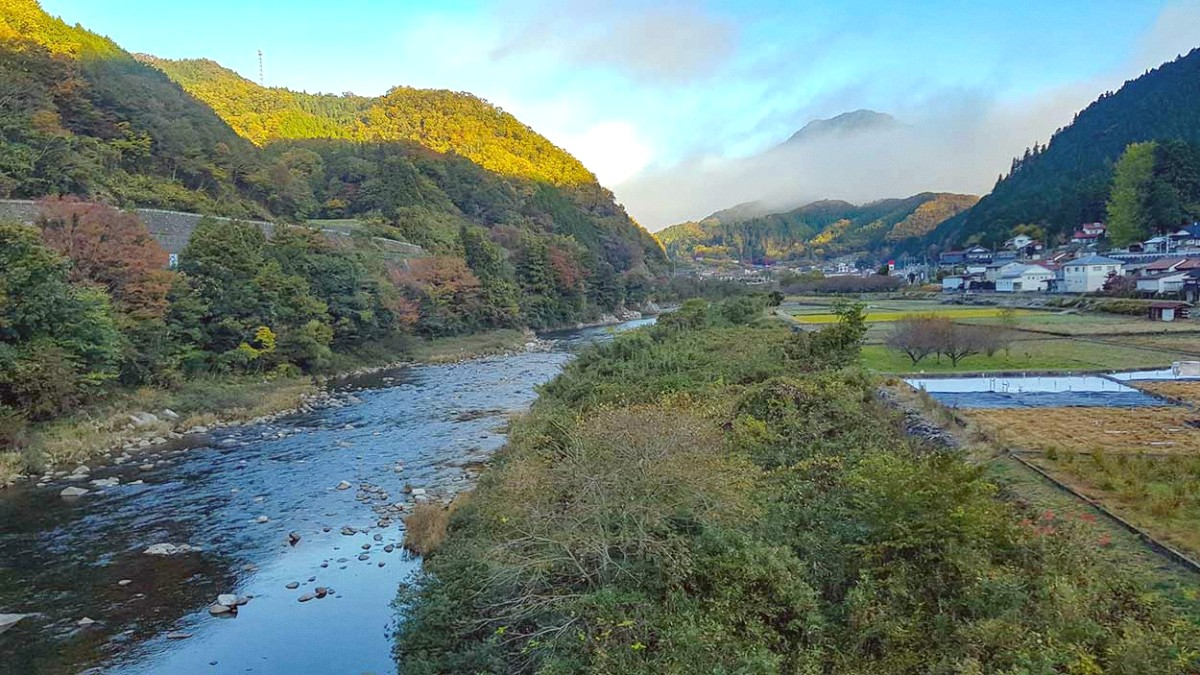
Japan
Miyajima Island, home to Itsukushima Shrine, is part of the Setonaikai National Park. This designation protects its unique ecosystem and scenic beauty.
Japan has strict and somewhat complex waste separation rules. Carry a small bag for your trash until you find a designated bin.
Water conservation is generally not a major issue. Tap water is safe and potable, reducing the need to buy bottled water.
Incorporate eco-friendly and responsible choices into your journey.
Minimize your carbon footprint by prioritizing public transportation.
Make conscious choices for your travel essentials.
Seek out places that prioritize environmental practices.
Choose tours that benefit local communities and environments.
Learn more about what to pack for a sustainable trip to Japan.
Visit Package Free ShopContribute to global conservation efforts through responsible organizations.
Explore The Rainforest SiteYour travel choices contribute to the planet. Consider carbon offsetting your flights through services like TerraPass.
Cultural sensitivity during your visit respects local customs and traditions.
Observe local customs like bowing, shoe removal, and public demeanor.
Be respectful and mindful of privacy when taking photos.
Show reverence at sacred sites like Itsukushima Shrine.
Certain actions are discouraged in public spaces.
Your choices directly benefit the local economy and culture.
Choose locally owned restaurants, cafes, and shops.
Purchase souvenirs directly from local creators.
Look for fair trade options and support local crafts.
Avoid supporting activities that involve animal exploitation, like feeding wild deer human food on Miyajima Island.
If giving, choose established local charities transparent about their operations, especially those supporting peace initiatives or atomic bombing survivors.